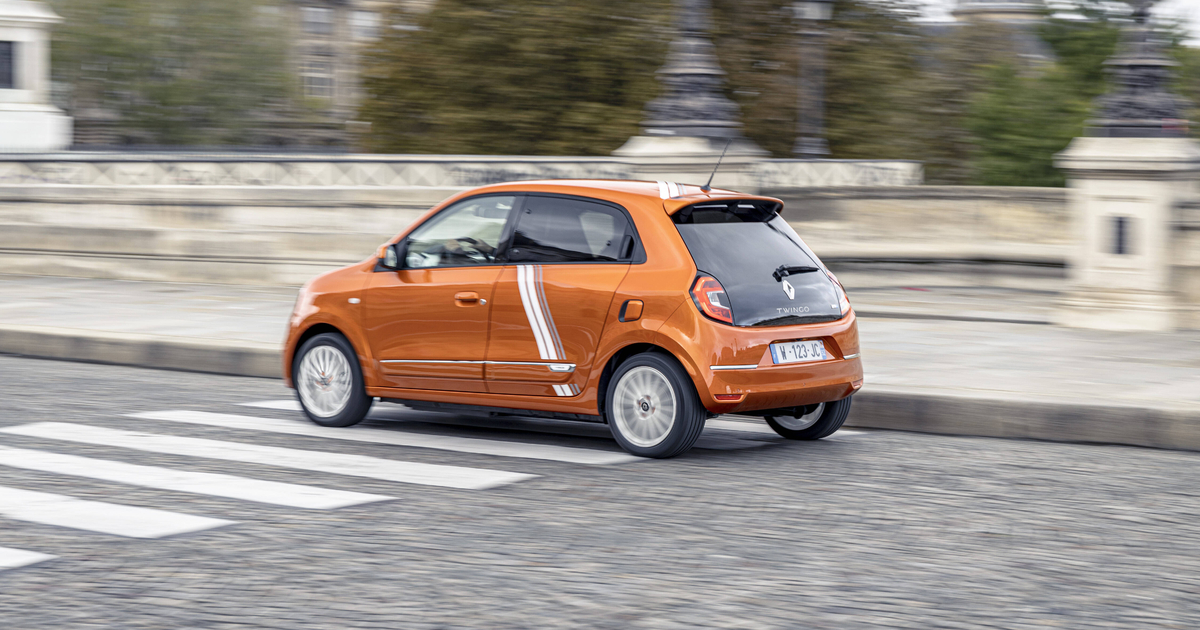The mythical Renault Twingo will be saying goodbye very soon. It will certainly be replaced by the future Renault 5 electric in 2024, but the manufacturer does not hide its intention to move from now on to larger and more profitable models, like its new Rafale SUV.
Luca de Meo, managing director of the Renault group, guest of Good Morning Business this Monday, August 28, explained at the microphone of BFM Business that “European regulations only penalize manufacturers who have a tradition in small cars”. One thinks in particular of the European CAFE standards, which penalize manufacturers whose cars emit a lot of CO2, but which provide for emission thresholds to be respected in proportion to their average mass. Thus, the more a manufacturer sells light cars, the more it must meet strict standards.
For several years, we have witnessed a decline in the offer in the A segment (that of mini-city cars like the Twingo). These accessible cars are struggling to remain so in the face of new safety and anti-pollution standards.
“In Europe, we also need to return to small cars: a small electric car has less impact [environnemental] than a large 5-meter sedan, that’s obvious. But the regulations do not allow you to do business and, for me, my priority is business”explains Luca de Meo.
Luca de Meo not in favor of a protectionist policy in the face of Chinese competition
Regarding Chinese competition, the boss of the Renault group, who is also president of the Association of European Automobile Manufacturers (ACEA) said: “We have to ask ourselves the question of Europe’s competitiveness”.
While Renault is struggling to sell its electric Mégane E-Tech, particularly in the face of competition from the MG 4 produced in China, the ecological bonus granted to electric cars should favor vehicles produced in Europe from next year in France. However, Luca de Meo does not want to see the European market closed to this Chinese competition: “I like competition, I don’t see why we would close the door to Chinese manufacturers after having had the Americans, the Japanese, the Koreans…”he explains, “it’s up to us to respond and be competitive”.
